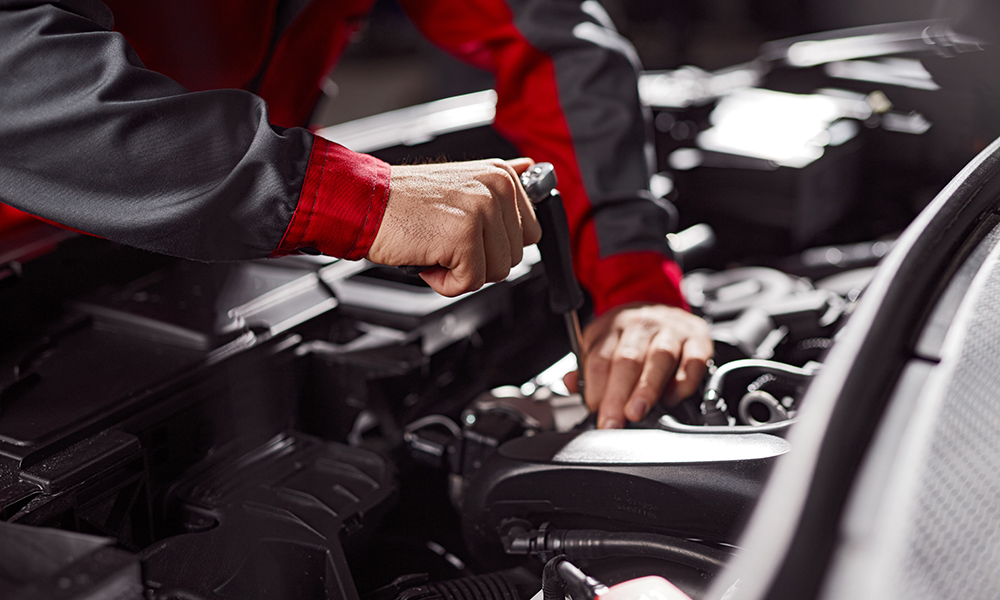Correctly maintaining equipment supports agriculture businesses in succeeding in several very significant ways.
First, well-kept equipment is available to be employed right when you require them. In agricultural businesses, where timing means the difference between success and failure and the environment can be unreliable, equipment failures at an inconvenient moment can harshly disrupt operations or stop them completely.
Second, keeping machines maintained can cause them to operate longer and better than similar equipment in a bad state. This saves the costs of major repair for other opportunities and promotes the performance and profitability of the company.
Third, well-maintained devices yield a higher trade-in price, which helps farms obtain high-quality modern tools at the lowest possible price.
Fourth, tools that are routinely repaired are a lot less likely to need major servicing — repairs that not only require a lot of money but also, as explained above, may cause you to slow or completely stop current operations, perhaps at the least opportune time.
Fifth, and maybe most significant of all, a well-kept piece of machinery is safer to use. Mechanical malfunctions, fast emergency adjustments in the field, or even dry trash stuck in a device that ignites a fire, expose machine operators and teams to injury.
The resource included, 13 Farm Equipment Maintenance Tips, offers a nice guide and a few reminders that include basic but necessary measures for maintaining tractors, trucks, harvesters, cultivators, plows, and other agricultural tools in peak condition — whether they have worked in the fields for a year or even longer.
Maintenance Tips from Schnell Industries





